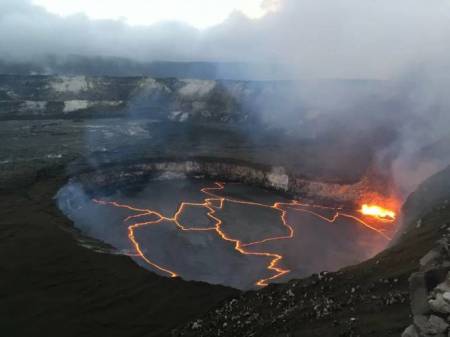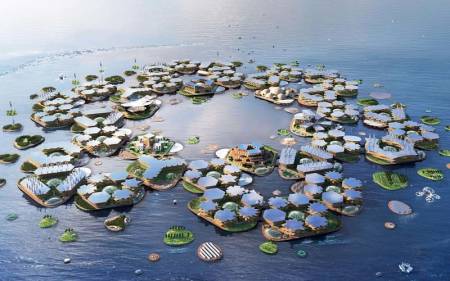Attempts to artificially eliminate the fundamental values upon which human existence is based, will inevitably lead to large-scale crises, wars, economic and social chaos.
In the course of history many different civilizations have emerged on this planet — each of them embodying a totality of social, geographical, economic and religious factors, giving rise to the unique set of lifestyles and development models. The sense of belonging to a specific, unique civilization — of being actively involved in that civilization — is an essential part of the personal self-identities of billions of people, defining the richness and complexity of their inner life. For these reasons, maintaining the civilizational diversity of human society constitutes an important anthropological challenge.
The idea of a single, universal cultural model for the whole world is a dangerous Utopia. Historical practice shows that the ideology of expansionism, based on a cultish belief in the exclusiveness and superiority of one’s own system, has always ended in defeat. The human communities which have demonstrated the ability for long-term development have always been those rooted in fundamental moral ideals of humanism, solidarity, the striving for peace, respect for human life, and concern for the general welfare.
Attempts to artificially eliminate the fundamental values upon which human existence is based will inevitably lead to large-scale crises, wars, economic and social disruptions which endanger the stability of the whole world. The futility and destructiveness of attempts to impose a unipolar world order with a subordinated hierarchy have become evident. Today humanity, as a conglomerate of many civilizations, needs a different mode of development.














